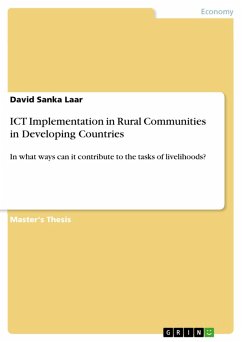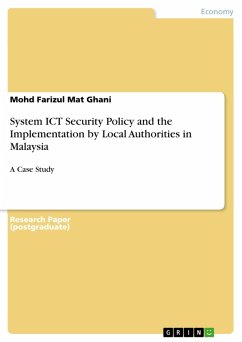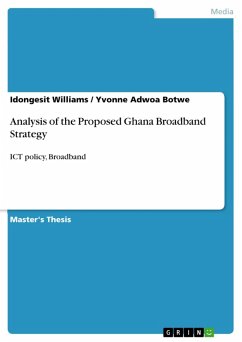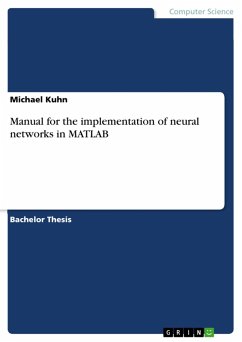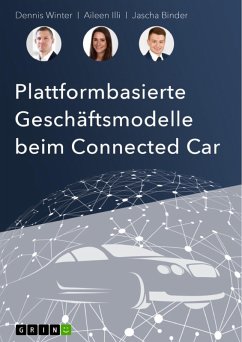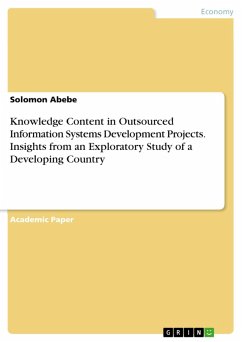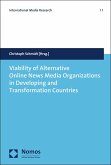Master's Thesis from the year 2005 in the subject Business economics - Information Management, University of Manchester (IDPM), course: MSc Management and Information Systems, language: English, abstract: There has been a gamut of arguments concerning the role of information and communication technologies in reducing poverty and creating sustainable rural development in developing countries. But most of the studies have centred on case study descriptions, with a handful attempting to analyse the outcomes of these initiatives using a framework that addresses the multiple dimensions of the livelihoods of the rural poor. This dissertation takes a view that ICT can contribute to sustainable rural development when it is implemented and assessed through such a framework geared at building the capabilities and assets of the rural folks and improving the links within and between these people and the organisations and institutions that play a role in rural development. It reviews various paradigms of rural ICT in developing countries and goes on to analyse the implementation and contribution of two of such initiatives to rural livelihoods using the Sustainable Livelihoods Framework. The result revealed that such factors, as the perceptions of practitioners, political contentions and policy environments are the major factors shaping ICT initiatives for the rural poor.
Dieser Download kann aus rechtlichen Gründen nur mit Rechnungsadresse in A, B, BG, CY, CZ, D, DK, EW, E, FIN, F, GR, HR, H, IRL, I, LT, L, LR, M, NL, PL, P, R, S, SLO, SK ausgeliefert werden.
Hinweis: Dieser Artikel kann nur an eine deutsche Lieferadresse ausgeliefert werden.

